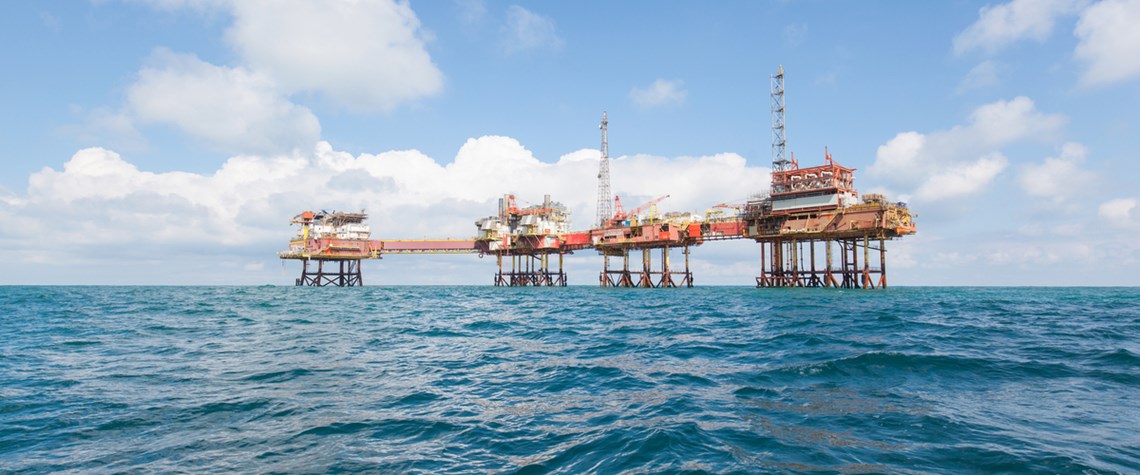Angola revival stalled by global demand slump
Sharply lower oil prices mean the West African country will find it difficult to finance the investment needed to replace its ageing offshore fields
Slumping oil prices and weak demand are reducing investment in Angola’s oil sector, hastening a decline in production that could cut the country’s output by more than a third by 2029. Angolan president Joao Lourenco, elected in 2017, has sought to reform the country’s sprawling, corrupt bureaucracy and boost dwindling crude production. He created a standalone industry regulator, the National Oil and Gas Agency, separating out the function from NOC Sonangol, and cut corporate taxes in an effort to attract more interest in the country’s costly and risky deepwater marginal fields. “Going into 2020, it was looking pretty positive,” says Adam Pollard, a senior upstream analyst at consultancy Wood

Also in this section
17 April 2024
Uzbekistan and Kazakhstan provide opportunities after Europe turns it back, while also offering another gateway to China
16 April 2024
Commentators need to shake off the myths of the past, with rising oil prices a boon for US economy
15 April 2024
Though hampered by methane concerns, US LNG has a crucial role to play for European and Asian energy security, US economic needs and the energy transition drive
12 April 2024
Iran has announced multibillion dollar spending programmes aimed at domestic companies, inspired by recent export success







